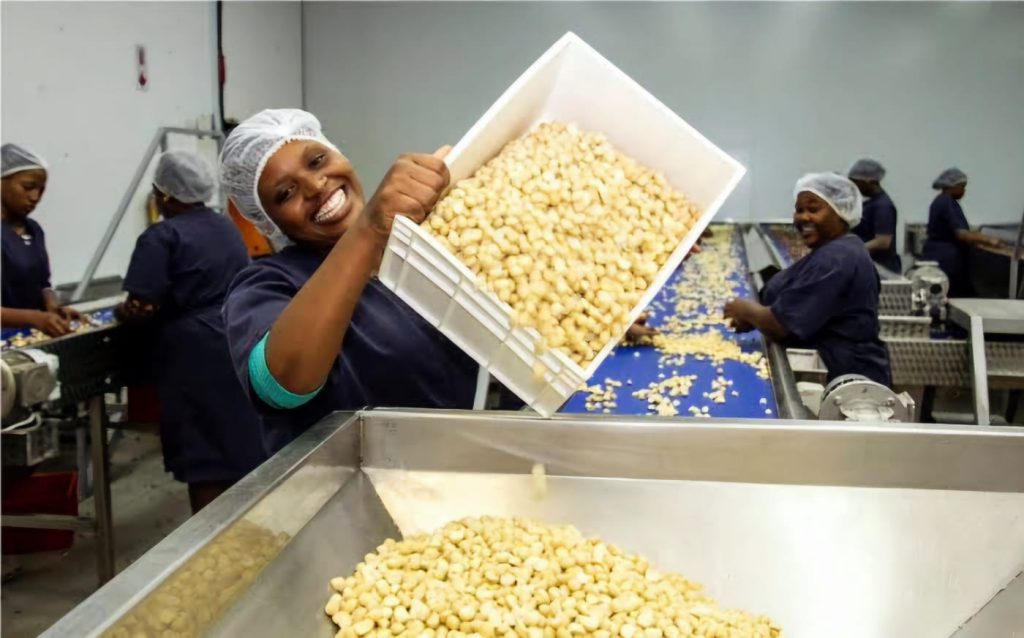A comprehensive report reveals that Africa’s rising population is driving an increased demand for processed foods. According to Ousmane Badiane, co-chair of the Malabo Montpellier Panel, the expanding middle class is seeking African foods with modern conveniences, such as enhanced packaging and ready-to-eat options.
“As the population grows, along with incomes and urbanization, a substantial middle class has emerged,” Badiane said. “This demographic continues to prefer traditional foods but desires more contemporary ways to enjoy them.”
For example, Forna Health Foods in Uganda produces a composite flour made from a blend of 12 different flours, used to prepare porridge suitable for all age groups. Company director Hilary Bainemigisha explained that their products are nutritious and convenient to prepare.
“We offer a no-cook version that is popular among busy professionals, travelers, and students, and a cookable version that requires only boiling water or milk before adding the paste,” Bainemigisha noted. “However, we face challenges with maintaining a stable supply of raw materials outside the harvest season, which impacts our pricing and profit margins.”
The food processing sector in Africa also struggles with inadequate infrastructure and logistical issues. It is estimated that 30% to 40% of food produced on the continent is lost before reaching consumers, leading to an annual economic loss of around $1 trillion.
Experts have criticized governments for not adequately protecting innovators from intellectual property theft, which hampers investment. Badiane emphasized that enhancing the processing sector is crucial for modernizing rural areas and requires more government support.
“This sector is vital for rural development and modernization but has not yet received sufficient government attention,” Badiane stated. “It could be a key driver of progress in these regions.”
The report highlights that nations such as Ghana, Kenya, Senegal, and South Africa have made notable progress in supporting food processing industries through measures like implementing food safety standards, investing in technical education, offering tax incentives, ensuring a steady supply of raw materials, and providing financial support to enhance production capabilities.

